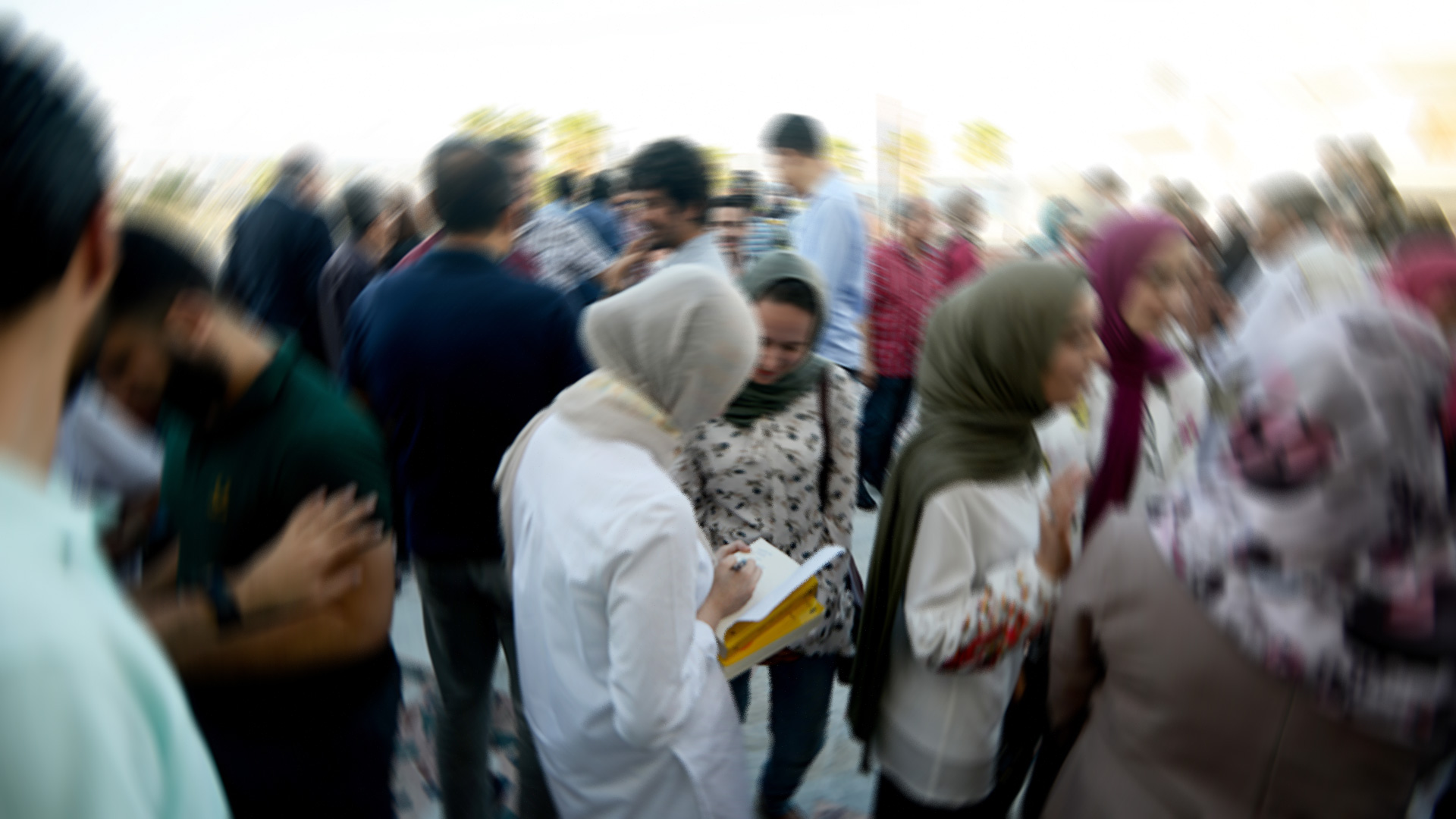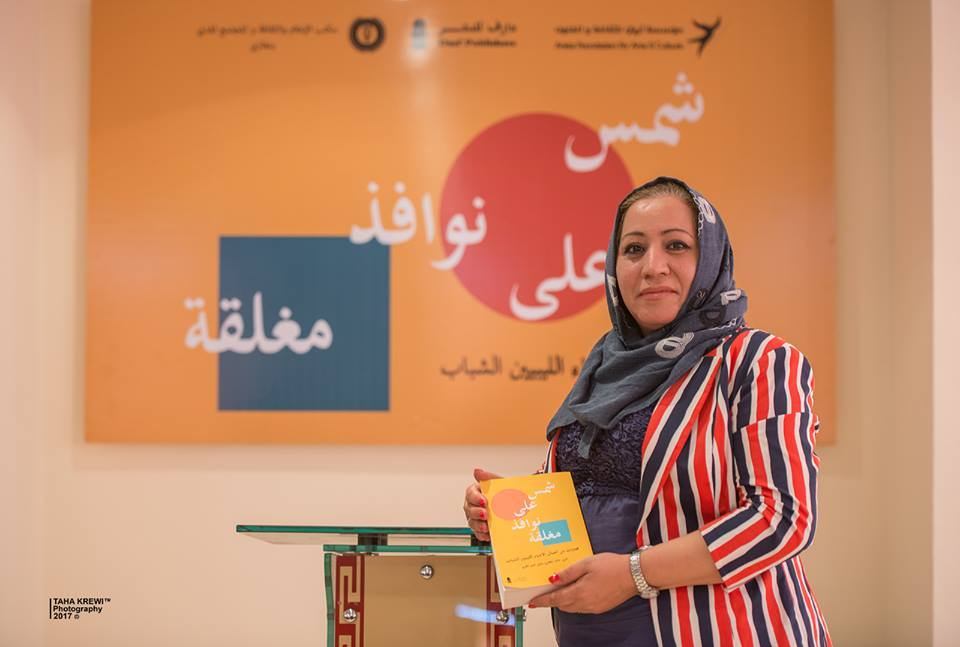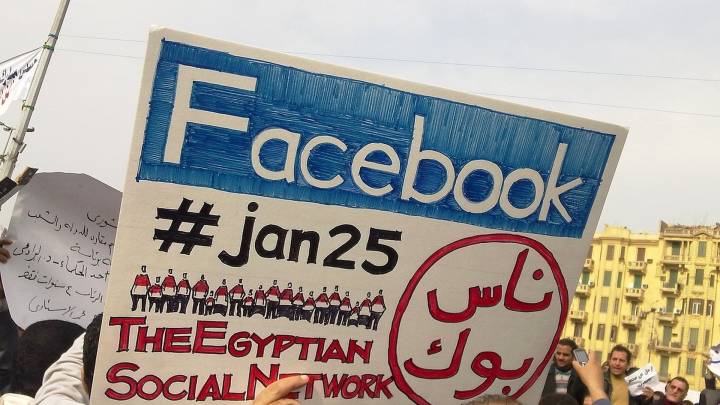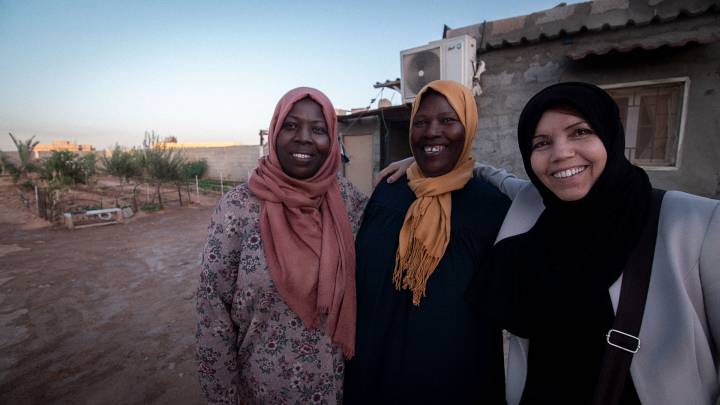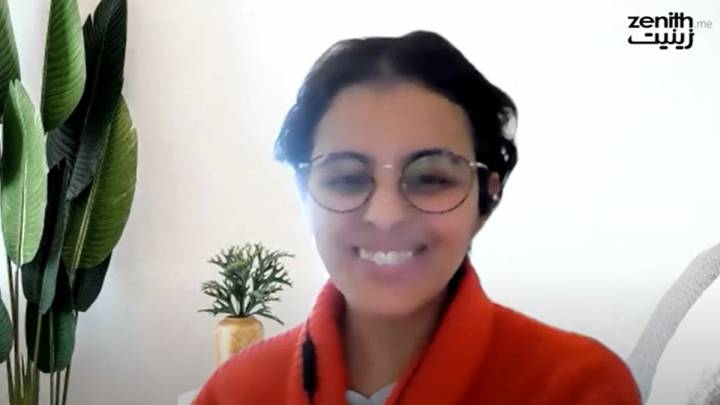An anthology of work from 25 young Libyan writers has created a scandal in Libya due to claims of obscenity. Now many of the writers fear for their lives.
Love stories can generate controversy in Libya when the author is a woman. Aspiring writer Intesar Mohammad discovered that fourteen years ago, after publishing a poem about platonic love in a student newspaper at Bayda University, during her final year studying chemistry. Bayda is a conservative city in eastern Libya, and Intesar’s family was not happy.
“The day [the poem] was published, my father sent my brothers to discipline me. They were angry that I wrote about love for the public,” she tells zenith over the phone. “They said I brought shame on the family, and warned me never to [publish] again.”
Not daring to disobey, Intesar stopped writing until she moved to Libya’s second largest city, Benghazi, the following year, starting a master’s in chemistry while pursuing a career as a writer.
It’s sad to say, but none of us will be safe until we leave Libya.
In 2006, she became a journalist for Libya Press News (LPN), an agency based in the capital, Tripoli. The network – owned by Saif Al-Islam, Muammar Gaddafi’s prominent son – pushed the boundaries of censorship. In October 2010, the newsroom was investigating allegations of government corruption. The regime responded by ordering the arrest of 25 LPN journalists, including Intesar, who went into hiding.
“Nineteen journalists were arrested and released a week later,” she recalls. “But the authorities were still looking for me and banned me from travelling.”
Less than four months later, mass protests ignited the Libyan revolution. With more freedom after the civil war that overthrew Gaddafi in 2011, Intesar took advantage, establishing a newspaper in Benghazi called Al Ayan – The Eye.
Freedom didn’t last. After Libya’s transitional government assumed power, militias who fought Gaddafi refused to disarm, holding hostage the country they had liberated. Human rights activists and civil servants were hunted and killed as part of a larger campaign to stifle dissent. In 2015, Intesar decided it was too dangerous to report the truth and returned to fiction.
Despite the turmoil, Intesar was asked to be one of 25 Libyan contributors to a national literature anthology that same year. All were under the age of 35 when the book, Sun on Closed Windows, was put together. It was released in Egypt on 20 May, 2017, and in Libya in July. The purpose of the volume was to introduce a new generation of Libyan writers to each other, their country and the world.
The next generation
The overthrow of Gaddafi’s regime appeared imminent when Khaled Mattawa celebrated his 47th birthday on 23 September, 2011, and the Libyan-American poet and professor of English at Michigan University was already thinking about how he could contribute to his soon-to-be liberated country. After brainstorming with his wife, Reem Gibriel, they founded an organisation to promote arts and culture in Libya. They called it Arete – an ancient Greek term that describes one’s maximum ability or potency for action, as well as moral virtue.
Hundreds of civil society groups sprang up almost immediately after the revolution, but Arete had a major impact in a short time. Their first project was simple but effective – they hosted a cinema club in Tripoli, screening an array of international and Arab films twice a week. The club fostered a community that brought film lovers and young artists together.
Then everything fell apart in June 2014. The General National Congress (GNC), winners of the first election, refused to step down after being voted out. The House of Representatives, which was supposed to replace the GNC, was forced to relocate to the far east city of Tobruk.
Nobody was secure as another war loomed, and the ensuing violence caused Mattawa and Gibriel to close the cinema club and relocate to Egypt. Forced to work remotely, Mattawa pondered over how to empower Libyan artists from a distance.
“I knew young authors might not have opportunities to publish their work, or even know and learn about each other, due to the conflict,” Mattawa tells zenith inside an upscale café in Cairo. “By 2015, it seemed like compiling an anthology was an urgent project.”
With no time to waste, he contacted Tripoli-based journalist and writer Laila Moghrabi, who knew of many young writers across the country. When she first heard Mattawa’s idea, she jumped in right away; the two started compiling criteria for the kind of writers they wanted.
To be young and daring was essential. Female authors also needed to feature prominently in the book. They included 11, giving the anthology a more comprehensive view of Libyan society.
“It was difficult to convince more women to contribute,” recalls Moghrabi. “Some refused to write for us because their parents wouldn’t allow them to have their names published.”
However, others seized the opportunity to have their voice heard. Ghady Kafala, a 24-year-old writer from Tripoli who published a story entitled ‘Diwana’ in the anthology, is one. Diwana is the main character, a Libyan woman fighting to obtain greater freedom in the 1940s. The text, Kafala says, broaches issues that Libyan woman still face today.
“Unfortunately, many of our struggles as Libyan woman are still the same from the last century,” she says. “The simplest ambition to study, write or travel is an act of rebellion.”
Writing the war
Sun on Closed Windows reflects the euphoria of a young generation during the Libyan revolution, and the disappointment that followed. Hosam Athani, a poet and a philosopher who contributed several pieces to the book, says his poetry offers an alternative history of the conflict.
“The typical historian doesn’t pay attention to the trees that grow amid the violence, or the dogs that protect their children during the war,” he tells zenith. “I wanted to capture these narratives, such as how my sister would study with a burning candle when the power cut out.”
Other writers express their perspective on Libya without mentioning the conflict. ‘The Lion’, a short story by Intesar, tells the tale of a mother obsessively trying to kill a mouse in her home. Her daughter, playing on the floor, sees the mouse but refuses to tell her mother, because she doesn’t want it to die. Then one day, the entire family spots the mouse – they pounce and kill it. The mother is relieved; the daughter is devastated.
“‘The Lion’ obviously shows how two people can have very different opinions about the same thing,” notes Intesar. “But the deeper message is that the stronger person with a different opinion always wins. The small girl loved the mouse, but she was too weak to protect it. The mother killed it because she could. That’s what happens in Libya all the time.”
Like Intesar, each author tells the truth as they see it. In Khaled’s eyes, the honesty in each text is what makes it compelling. Moghrabi agrees, adding that young authors write with a boldness and enthusiasm missing from their older counterparts.
“This book is a revolution against censorship and outdated ideologies in Libya,” she told zenith in August 2017, not knowing what would transpire at the end of the month.
The backlash
A crisis erupted on 26 August when some authors attended a book signing at the public library in the northwest city of Zawiya. They expected the event to go smoothly, as similar events in Tripoli and Benghazi had. They were wrong.
The Islamist militia which controls the city in the absence of a government shut down the event over a story it considered “profane and obscene”. The excerpt, which members of the group partly read, includes a love scene from the novel Kashan by Ahmed el-Bokhari, who left Libya a year ago and is now in Germany.
His story is about four young men from different socioeconomic backgrounds, each fed up with corruption, poverty and growing religious extremism in Libya. Looking to be part of something bigger, they join Kashan, a fictional clandestine organisation on a mission to destroy the world.
“The people who got angry at the excerpt from my book have no tolerance for art and culture,” El-Bokhari tells zenith. “If I was in Libya, these people would kill me.”
It didn’t matter that Kashan had been available on the Libyan market since 2012, having been approved by the Culture Minister. But rather than condemn censorship, the new minister from the UN-backed Government of National Accord (GNA) banned Sun on Closed Windows after the incident in Zawiya, deeming it immoral.
The authors and editors have since been threatened on social media. In a statement that Mattawa shared with zenith and rights groups, he called for the international community to pressure the Libyan authorities to guarantee the safety of all the contributors to the book.
The women are in the most danger. Fearing for her life, co-editor Moghrabi packed her belongings and fled with her family to Tunisia. Intesar is also being harassed, but unlike 14 years ago, her family is standing behind the stories she wrote. Meanwhile, Kafala has defended the anthology while vowing to keep writing.
“It’s sad to say, but none of us will be safe until we leave Libya,” she says with resignation.
Where they go from here is a mystery; those still in the country are trying to get out, while Mattawa has considered the possibility of an online magazine for young Libyan writers. That was before the ban, which has made the book a symbol of defiance and an essential text.
“We won’t stop fighting,” says Intesar, who has struggled against censorship since she started writing. “The ban has made our book popular. More people are calling to ask where they can get a copy.”

